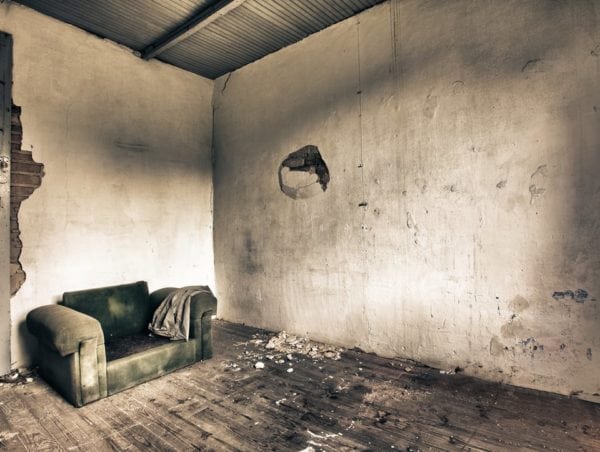This article, written by Michael Meltzer, first appeared October 29, 2015 on michaelmeltzer.ca. Michael started out as a practicing lawyer, but changed career paths and has been the owner and Broker of Record of Advocate Realty Ltd., Brokerage since 1995. Michael has devoted himself to bringing a professional approach to real estate when he helps his clients buy and sell their houses and condos in Toronto’s central core neighbourhoods.

So how do we determine value in this type of market? Well, let’s assume the concept of fair market value doesn’t exist anymore in central Toronto because there’s nothing fair about today’s market. (Refresh your memory again with Has Fair Market Value Disappeared?) I think a more accurate description of the type of value which exists today in central Toronto could be called free market value since value, or prices, are determined solely by buyers and sellers who often have unequal bargaining power.
Before you can decide whether you should buy an older home or a renovated home OR whether there’s money to be made doing quick reno-flips, you need to understand the concept of free market value and apply it to the type of property you’re considering.
Let’s assume you’ve determined the free market value of a renovated home to be $1,500,000. If the free market value of an older home is $1,000,000 and you’d need to spend only $300,000 to bring it up to par with the renovated home, it would make financial sense to buy the older home and renovate it. But that’s not usually the case in central Toronto because land value comprises such a large component of total value. Older homes are often selling for prices that aren’t significantly lower than the prices of renovated homes so it usually makes no sense to buy an older home and renovate it. The demand for land by builders and people who want new homes has driven the price of land up very high. In many cases, free market forces have resulted in actual homes having very little value.
The same analysis holds true if you’re looking to do a quick reno-flip. Assuming you’re in business to make money, it makes no sense to buy an older home for $1,250,000 and invest $200,000 in renovations so you can sell it for $1,350,000.
Does it ever make sense to buy an older home? Yes. Here are some examples:

- You can’t afford a new or fully renovated home in the neighbourhood you want so you buy an older home you can live in until you can afford to renovate it.
- You have very specific ideas of what you want in your home and are unlikely to find a home that’s already been renovated to your specifications. You know that buying an older home and renovating it will mean you have more money invested in it than its current free market value, but you accept that because you’ll be living there for many years and attach value to the enjoyment you’ll get from having your “perfect” home.
- You can get the renovations done for less than most people because you’re in construction or have contacts in the business.
- Your renovations cater to a specific niche market in which buyers are willing to pay a premium for homes you renovate to avoid spending the time renovating themselves.
There are other examples, but generally speaking it doesn’t make financial sense to buy an older home and renovate it yourself under current market conditions in central Toronto. As usual, there are exceptions to every rule so if you’re considering a renovation, make sure you’re being represented by someone who really understands the areas in which you’re looking and can help you do the proper analysis before you make any final decisions.
I decided to share Michael’s article because our clients ask us these questions every day and had I written this article myself I would have given the same advice Michael just did. I want to thank Michael for putting together this thoughtful article and allowing me to share it with our followers. Michael is always happy to answer any questions or give free advice and can be contacted at michael@michaelmeltzer.ca, 416-410-8585.
 Today we’re going to try to answer two questions we get asked quite frequently when it comes to value:
Today we’re going to try to answer two questions we get asked quite frequently when it comes to value: